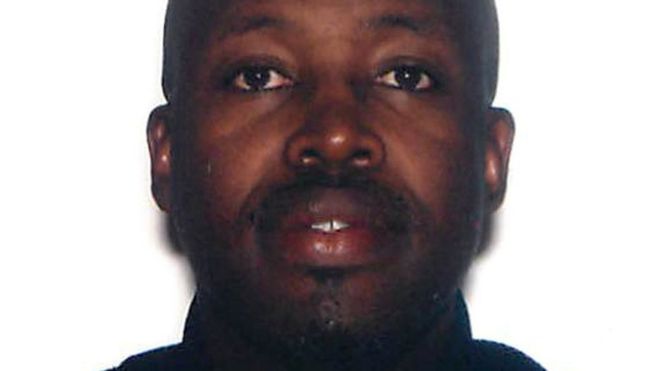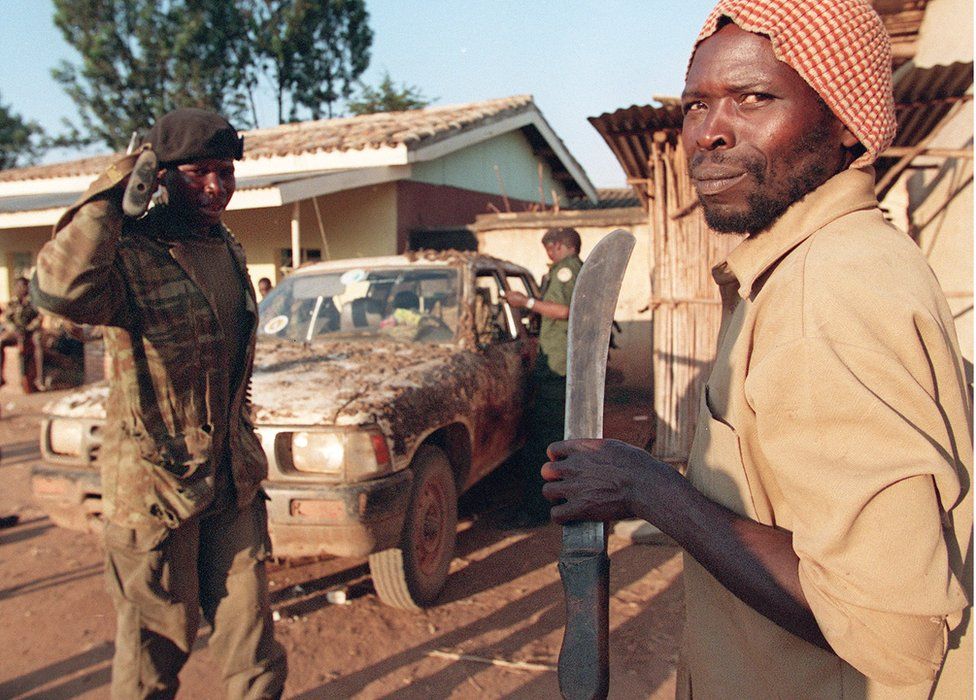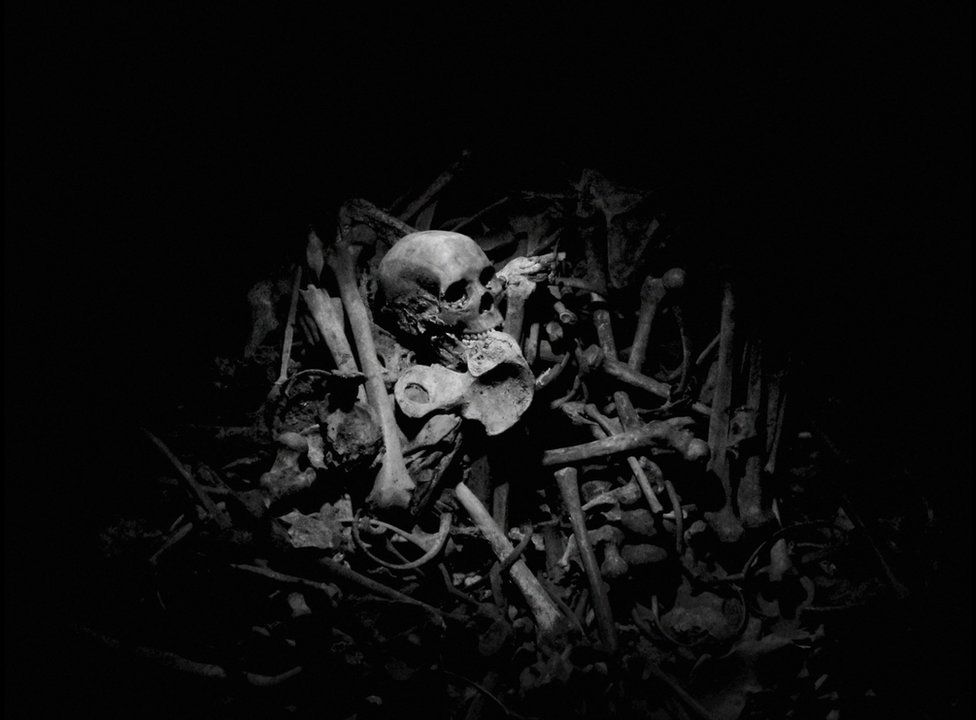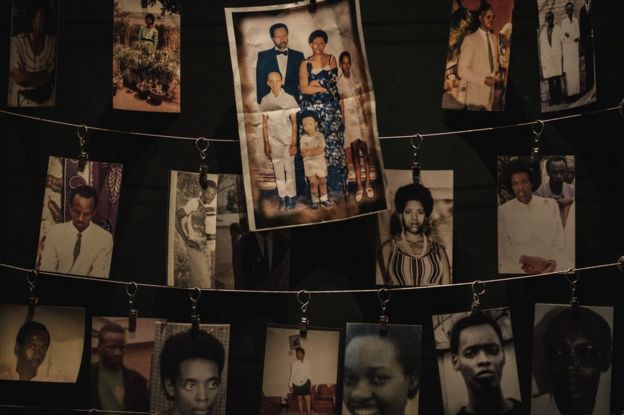Eluding Rwandan Justice
"Mr. Teganya was convicted and sentenced for the most serious form of immigration fraud: lying about his status as a war criminal to win asylum in the United States,"
"Based on the evidence admitted at trial, the defendant committed horrendous crimes during the Rwandan genocide and then sought to deceive U.S. immigration authorities about his past."
"Especially in the context of genocide, American asylum laws exist to protect the persecuted – not the persecutors."
United States Attorney Andrew E. Lelling
"The defendant committed unimaginable acts of violence and brutality."
"Today’s sentencing clearly demonstrates that this nation will never be a safe haven for human rights violators and war criminals."
"Homeland Security Investigations will continue to work closely with our federal and international partners to relentlessly pursue such criminals and protect our nation’s legal immigration systems."
Special Agent in Charge Peter C. Fitzhugh, Homeland Security Investigations, Boston
"Do I sentence him as a liar or do I sentence him as a murderer, or a rapist, or genocide participant?"
Judge F Dennis Saylor IV
 |
| Prosecutors in Jean Leonard Teganya's case said they would have sought a life term if sentencing had been for murder and rape Reuters |
That same year a now-48-year-old Jean Leonard Tegana left Rwanda, travelling through Congo, Kenya and India, arriving eventually in 1999 to Canada where he settled in Quebec. He applied for asylum in Canada in 2011. An investigation into his background informed authorities that this was a man who had in fact, participated in atrocities against Rwandan Tutsis, and his asylum request was refused. He appealed the decision and years of litigation followed, despite which his removal from Canada was ultimately upheld.
 |
| Neighbours killed neighbours and some husbands even killed their Tutsi wives, saying they would be killed if they refused. AFP |
He had been a medical student at a hospital in Rwanda when the massacre broke out in the southern city of Butare. Previous to which he had been active in the political party that was involved in the perpetration of the genocide, a party that his father was involved with and who himself was known to have committed dreadful crimes during the violence. As for Jean Leonard Tegana, he was helpful to the Hutu marauders going through the hospital corridors, identifying for them which patients were Tutsi.
 |
| Alex Majoli / Magnum Photos |
During the ensuing mass murder, witnesses place him with the Hutu soldiers who went on their killing spree. Mr. Tegana was identified as a participant in the murder of seven Tutsi victims, as well as in five rapes. He denied any such involvement. Insisting that he was being confused with his father's actions, not his own. He stated that if returned to Rwanda he would be in danger of his life, detained without charge. On his final deportation order, he went underground, leading to a Canada-wide arrest warrant being issued.
In 2014, he was spotted by a resident in Maine in the town of Houlton, illegally crossing the border from Richmond Corner, New Brunswick. Consequently, U.S. Customs and Border Control officers moved in to arrest him. In both Canada and the United States, he sought to conceal his past involvement in the Rwandan genocide. He hoped to gain asylum in the United States, having been refused in Canada, but his past just kept catching up with him.
Federal prosecutors in Boston felt that if he could be sentenced for murder and rape, a life sentence would be applicable. But since these were crimes not committed in the United States, U.S. District Judge F. Dennis Saylor while considering the genocide "horrifying", felt unable to press those charges, and instead focused on immigration fraud. "The punishment should fit the offence", he stated, and handed down an eight-year prison sentence.
He will appeal through his lawyers who claim their client fled Rwanda because as a Hutu following the genocide anyone of his ethnic origin could be implicated. It is unlikely that any follow-up appeal would meet with success. Once his sentence has been completed in the United States, he will be returned to his country of origin, and there it is likely that the consequences of his crimes during the genocide will be revisited.
 |
Labels: Asylum, Canada, Conviction, Genocide, Rwanda, United States
0 Comments:
Post a Comment
<< Home